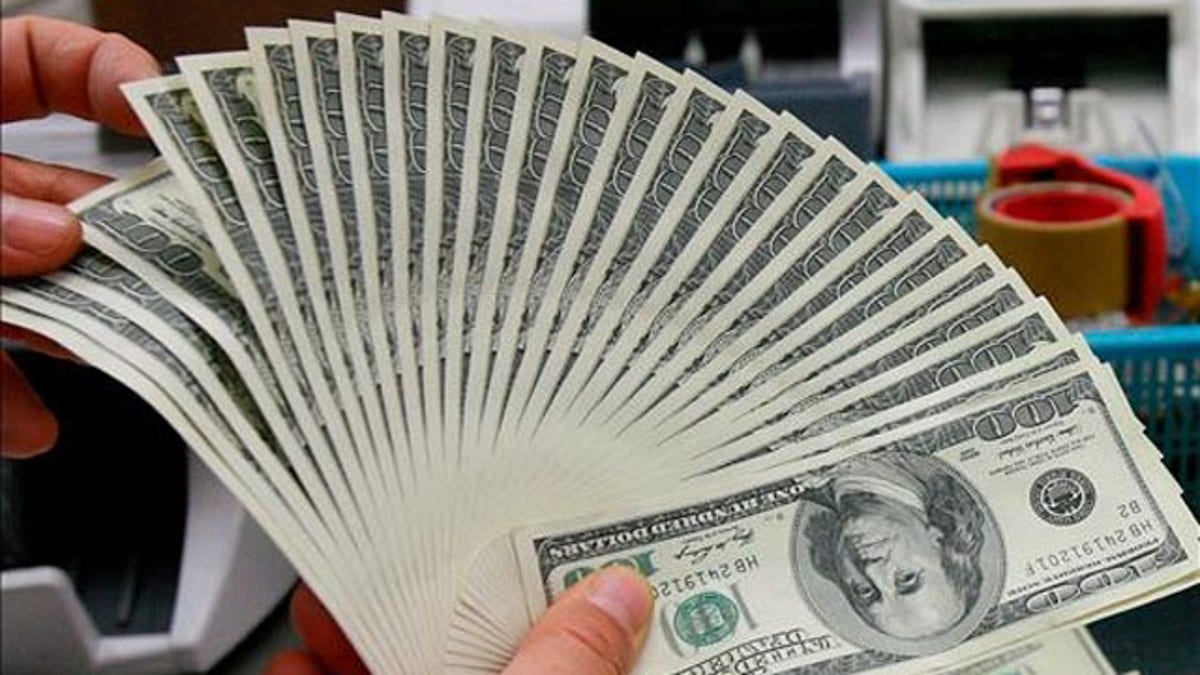
From a strictly rational point of view, a person decides to get involved in corruption for personal advantage, usually financial profit. The less likely it is that the corrupt act will be discovered and sanctioned -- and the greater the potential profit -- the more likely it is that corruption flourishes.
This economic perspective perceives corruption as a cost-benefit analysis. It partially helps us understand why, for example, bribing police officers is much more common in Mexico, where impunity is high and institutional controls are weak, than in Norway.
With that in mind, taking the moral route and refusing to resort to corrupt acts might be seen as irrational behavior. Why should I play by the rules if everyone else is cheating? But there are financial incentives for honesty and fighting corruption.
'Narco Tank' and Armored Vehicles Added to Cartel Arsenal
You don’t need to be an activist, an investigative journalist or a prosecutor to fight corruption. A citizen, a professional, a housewife, or an entrepreneur, should oppose corruption in their daily lives out of principle (for the greater common good, as we love to say). But also, if smart, considerable financial profit can be made out of it.
One of my closest friends joined a small insurance adjusters firm in Mexico after finishing his university studies. The insurance industry is generally seen in Mexico as opaque and prone to fraud. Adjusters play a key role by investigating insurance claims to determine the extent of an insurance company's liability. Many deals take place behind closed doors, leading to irregular “agreements” between parties. These are particularly tempting situations for corruption to occur because they involve large amounts of money, for example when hotels get damaged by hurricanes or trains full of merchandise derail.
My friend learned the insurance business from the senior partners at the company. When they retired he bought their shares and decided to dedicate his professional life to the company. Of course, at first he was scared and had more questions than answers on how to make the company grow in an increasingly competitive business environment.
Yet, after the initial uncertainty, my friend realized that in order to compete with larger well-established companies with greater financial resources and experienced staff, he needed to find a competitive advantage. He soon recognized his biggest asset was his ethics and an incorruptible approach. He paid his staff an above average salary in exchange for their adherence to a strict code of ethics. Before long his company became known in the Mexican insurance world for resisting fraud.
In just a few years time his company grew from a tiny business to one with a team of more than 15 professional adjusters. The formula was easy - he simply positioned himself as the clean one, the incorruptible one in the market. When transnational insurance companies with large scale claims discovered the payments they had to make were often reduced in the millions when working with his company, the demand for his services grew. My friend had hit the jackpot and secured some of the biggest clients in the world.
Now, at forty, he lives a comfortable life and can retire and dedicate himself to his passions, like reading and singing with his band. I don’t know if he will retire or if he will continue, but whatever his decision, he can look back and feel proud that he has brought, even if at a small scale, honesty and a fresh approach to the way the insurance business is conducted in Mexico. In doing so, he has trained and motivated a new generation of insurance adjusters who can follow his steps. Moreover, other young entrepreneurs can also learn from this example how to pursue alternative ways of doing business in an honest way.
My friend is not an activist and is not a prosecutor or a lawmaker, he is a businessman. He found an area where he could fulfill his professional aspirations and make a good living while at the same time giving something back to his community and his country.
Alejandro Salas is the Regional Director for the Americas at Transparency International, the global civil society organization leading the fight against corruption, active in more than 100 countries around the world. Twitter @ASalasTI The views expressed in this column are those of the author and do not necessarily reflect the views of Transparency International.
Follow us on twitter.com/foxnewslatino
Like us at facebook.com/foxnewslatino











































